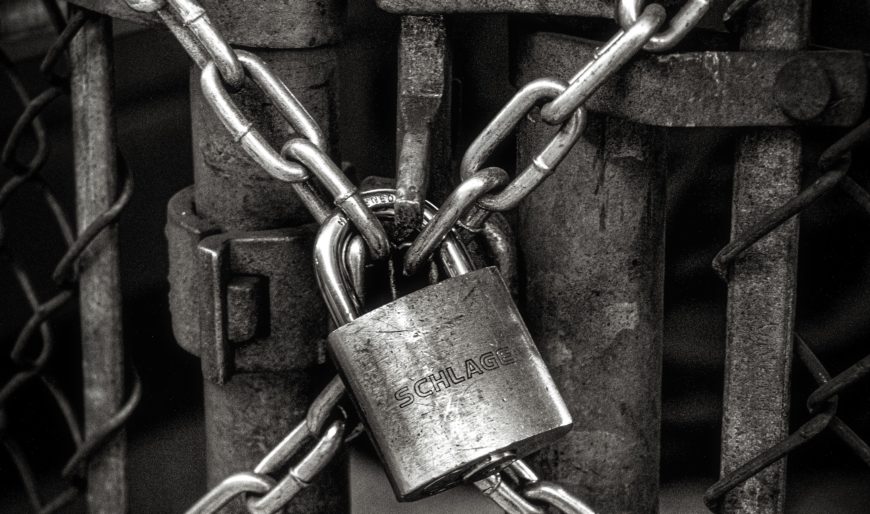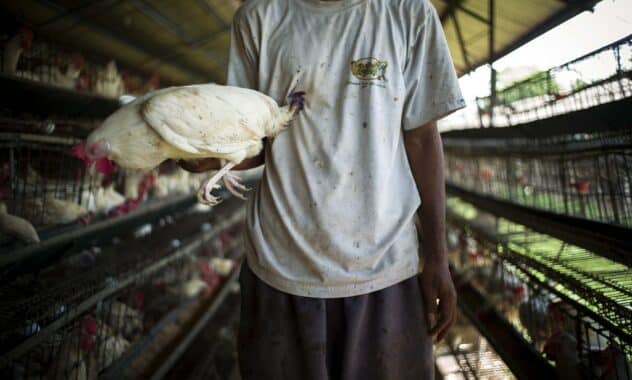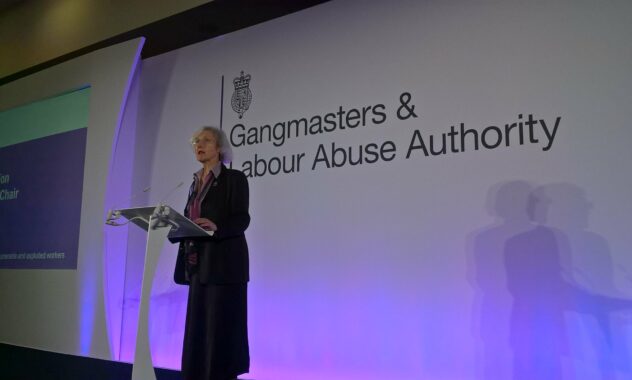Modern slavery support workers ‘gagged’ from speaking about govt cut to victims’ allowance
Suspicions have been raised that the instruction to gag workers came from the Home Office.

Workers who provide support to suspected victims of modern slavery have been warned not to speak out about an abrupt end to service users’ government allowance.
Those who are identified as being potential victims of modern slavery receive a small stipend to pay for the cost of living while they await a decision on their status. This lifeline was cut for hundreds of people without warning in August.
After lawyers acting on behalf of victims began action to reinstate the allowance, the government u-turned on their policy and recommenced its payments, although at a lower rate.
The lawyers are now arguing for back payments to be provided to those affected by the policy change to cover the amount of time their allowance was stopped.
But they say their case has been “hindered” by the gagging of support workers and that this is preventing victims from accessing justice.
In emails seen by the Independent, the Salvation Army – which is contracted by the government to oversee victim support – told workers “do not comment” if they are approached by service users’ legal representatives.
Support workers said they are too afraid to provide information in case they are penalised by their employers.
The Salvation Army subcontracts victim support to 12 other charities, and workers told the Independent that these organisations are so afraid of being decommissioned if they are seen to criticise the Home Office that a “culture of silence” has developed.
“Disciplinary is handed down swiftly to caseworkers who dare to challenge policy decisions that endanger or undermine their clients’ rights, and this is because of the threat of contractual termination from both the Salvation Army and the Home Office,” one worker told the Independent.
“But all of this is done quietly and passively with strict warnings that you should not be challenging the Home Secretary when she fails to discharge her duties to victims of trafficking.”
In the emails, workers were told to direct all inquiries to the Home Office press team and remain silent.
Another worker told the Independent that they suspected the whistleblowing process established by their employer was just another way of preventing leaks.
“They have a whistleblowing policy in place, which I’ve always taken to mean that completely swallows up the process of somebody speaking out, because we can’t automatically go outside the organisation to raise concerns and so who would we do that to?” they explained.
Ahmed Aydeed, Director of Public Law at Duncan Lewis Solicitors, in presenting the victims’ case against the government, told the High Court that he suspected the gagging order had come from the top.
“I am concerned that the Salvation Army may have forbidden support providers from speaking to us at the request of the defendant (who pays the Salvation Army for its services) in an effort to stifle our ability to prosecute this claim,” he said.







